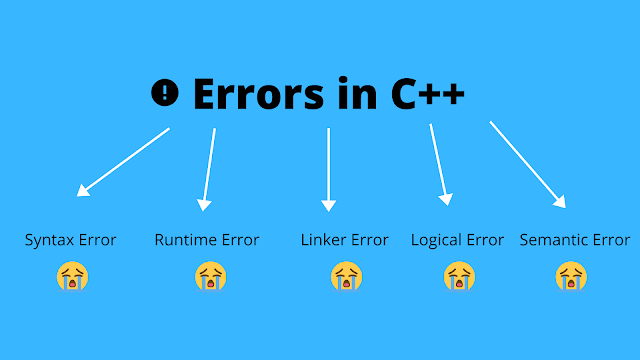Controlling Program Flow(Its all about how you practice)😁

Section Overview: Sequence Ordering Statements sequentially Selection Making Decisions Iteration Looping or Repeating Important! with Sequence, Selection, and Iteration we can implement any algorithm. Selection - Decision Making: if statement If-Else statement Nested if statement Switch Statement Conditional Operator ? : Iteration - Looping For loop Range-based For loop While loop do-while Loop continue and break Infinite Loops Nested Loops If Statement: if (expression) statement If the expression is true then execute the statement If the expression is false then skip the statement If statement - Block: if (expression){ statement 1; statement 2; } Create a block of code by including more than one statement in code block {}. Blocks can also contain variable declarations. These variables are visible only within the block - loc...




